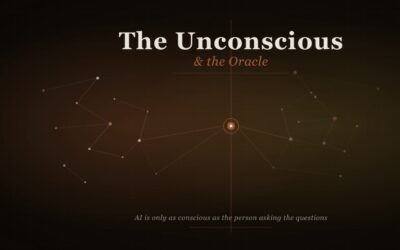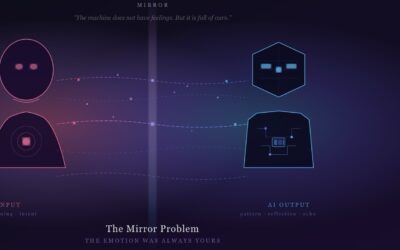The caste system, whether written into law or etched into the unspoken rules of society, is one of humanity’s most enduring failures. It divides, dehumanizes, and declares some lives inherently less valuable than others. But caste is not just India’s problem—it echoes across cultures, a shadow in the way we treat those we perceive as beneath us.
It shows in the helper forced to sleep on the floor, fed scraps while cooking feasts for others. It shows in the restaurant worker dismissed with a snap of fingers or the cashier ignored as though invisible. These are not isolated incidents; they are symptoms of a mindset that believes respect must be earned through wealth, status, or privilege.
This mindset must die. Not through systems alone, but through a shift in how we see each other. No job, no title, no role diminishes someone’s humanity. The person cleaning your home, serving your food, or scanning your groceries is no less than you. They are not “less.”
If we do not challenge this thinking, the world will remain divided—not just by caste, but by the quiet, everyday arrogance that devalues people based on circumstance.
It’s not enough to advocate for equality in theory. We must live it. Hold doors open for everyone. Speak kindly to those in service roles. Pay fairly. See the human being in front of you, not their uniform, their skin, or their status.
Abolishing caste isn’t about dismantling a structure—it’s about erasing the divide within ourselves. Because no one is “better.” No one is “less.”
Respect is not something you give to people who “earn” it. Respect is something you owe to every human being, always.




0 Comments